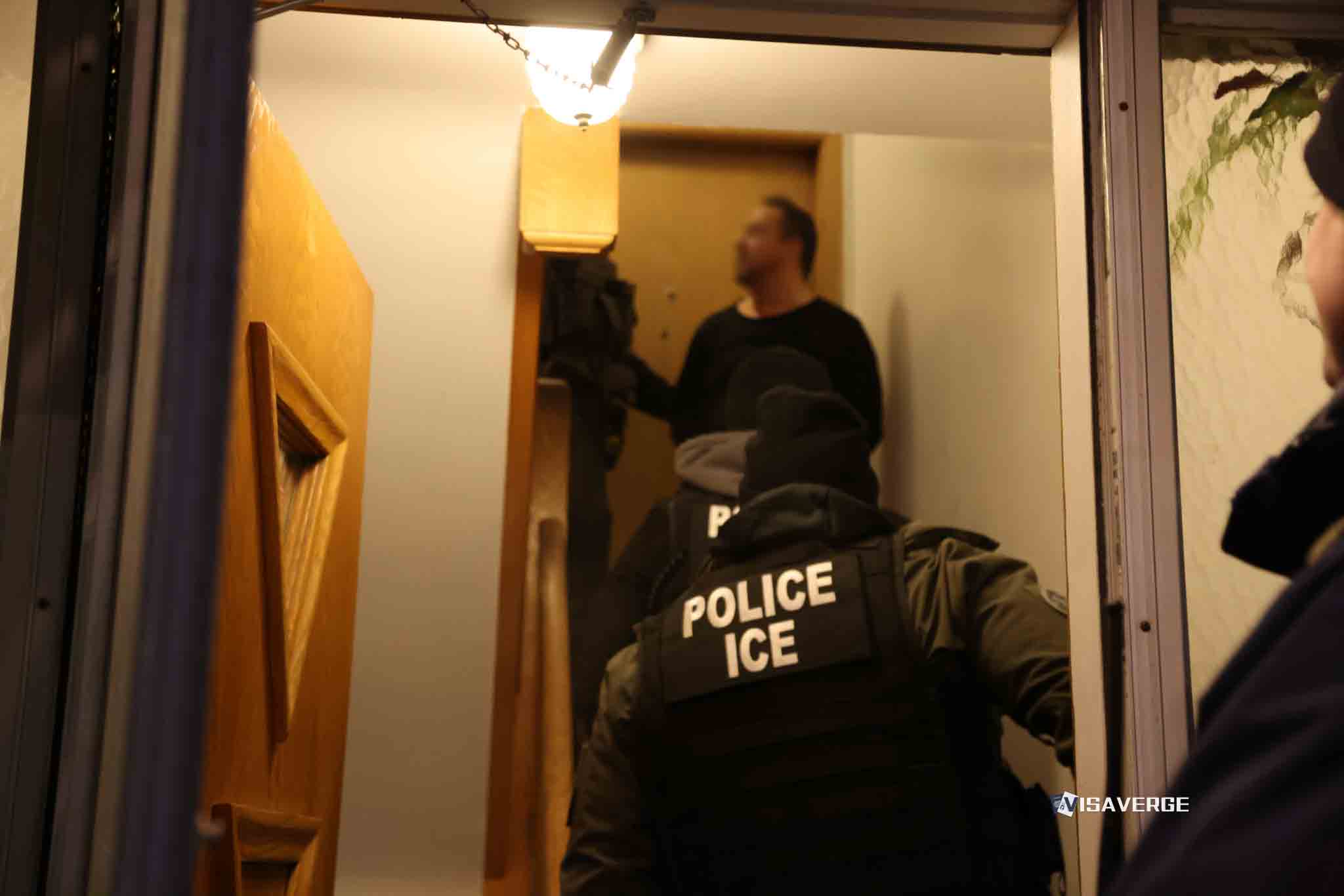Kilmar Abrego García's Possible ICE Return: What's Next?

Legal Battle Over Kilmar Abrego García’s Fate Continues
Kilmar Abrego García, a 29-year-old father who entered the United States illegally as a teenager and is married to a U.S. citizen, may soon find himself back in immigration detention if a federal judge in Tennessee upholds a previous ruling that ordered his release from criminal custody. His case has become a symbol of the Trump administration's aggressive approach to mass deportations.
The situation surrounding Abrego is complex and full of uncertainty. While U.S. immigration officials have stated their intention to detain him for possible deportation, there has been confusion about whether they plan to remove him quickly before his trial or keep him in ICE custody while he faces human smuggling charges. This ambiguity has led to ongoing legal battles and public concern.
Abrego’s legal team has filed requests in multiple states to prevent ICE from deporting him without giving him a chance to challenge his removal. A hearing is scheduled for Wednesday in Nashville where U.S. District Judge Waverly D. Crenshaw will consider whether to release Abrego to ICE and under what conditions. However, the judge has not indicated when she plans to make a decision.
Separately, a federal judge in Maryland has suggested she may issue an order before the Tennessee hearing, which could place some restrictions on what ICE can do. The uncertainty surrounding Abrego's legal status has been a constant since the beginning of his case.
In March, authorities detained Abrego and then illegally deported him to El Salvador, despite an immigration court order that barred his return. A judge had ruled that he could face persecution from gangs if he returned. Government lawyers called the move an “isolated error,” but they resisted efforts to bring him back to the U.S. President Donald Trump and his allies have repeatedly criticized Abrego and insisted he would never be allowed to remain in the U.S.
The Trump administration eventually brought Abrego back to the U.S. in June, but only after charging him with human smuggling related to a 2022 traffic stop in Tennessee. He has remained in criminal custody in that state since then, while the legal battle over his release continues.
A U.S. magistrate judge in Nashville initially ordered Abrego's release from criminal detention, citing concerns about the government's claims that he posed a flight risk or danger to the community. However, the Justice Department appealed the decision, and the judge paused her ruling.
Abrego’s attorneys requested that he remain in criminal custody until the upcoming hearing, fearing that ICE might attempt to deport him again before his trial. Their concerns were based on conflicting statements from government officials regarding his status.
Robert McGuire, the acting U.S. attorney for the Middle District of Tennessee, said he could not prevent ICE from detaining and deporting Abrego if he were released pending trial. Attorney General Pam Bondi, however, stated that Abrego would be prosecuted and, if convicted, deported to El Salvador once his sentence was served. To do so, government lawyers would need to ask an immigration judge to lift the 2019 order barring his deportation to that country.
The Trump administration also considered the possibility of deporting Abrego to another country during a recent court hearing in Maryland. The Supreme Court recently allowed the U.S. to resume deportations to countries where immigrants are not citizens. An immigration official mentioned that the agency had sent deportees to Mexico and South Sudan, but no final decision has been made on Abrego's case.
Abrego’s lawyers have asked a Maryland judge to transfer him to ICE custody in Maryland if he is released from criminal custody. They also want the government to stop deporting him from the U.S. for now.
Simon Sandoval-Moshenberg, one of Abrego’s lawyers, expressed skepticism about the government’s claims, stating that it seemed unlikely they had no plans for Abrego’s future. He warned that a plane might already be ready to take Abrego to an unknown destination.
The fears surrounding Abrego’s potential deportation were heightened by a recent Supreme Court decision that allowed the government to send immigrants to third countries while a Massachusetts lawsuit is pending. ICE Acting Director Todd Lyons noted that officers may deport people to other countries if those countries provide “diplomatic assurances” of safety. No additional proceedings are required, according to his memo.
Judge Crenshaw, who is overseeing the hearing in Tennessee, has emphasized that her focus is solely on whether Abrego should remain in criminal detention. She has stated that any consequences of her decision fall outside her jurisdiction.
Prosecutors allege that Abrego was part of a group involved in smuggling thousands of undocumented immigrants into and across the U.S. for years. His legal team denies these charges. In June, a U.S. Magistrate Judge expressed doubts about the strength of the government's evidence, questioning claims that Abrego made multiple smuggling trips weekly with his children. Judge Crenshaw shares some of these concerns but allows the government to present its case for continued detention.
Post a Comment for "Kilmar Abrego García's Possible ICE Return: What's Next?"
Post a Comment